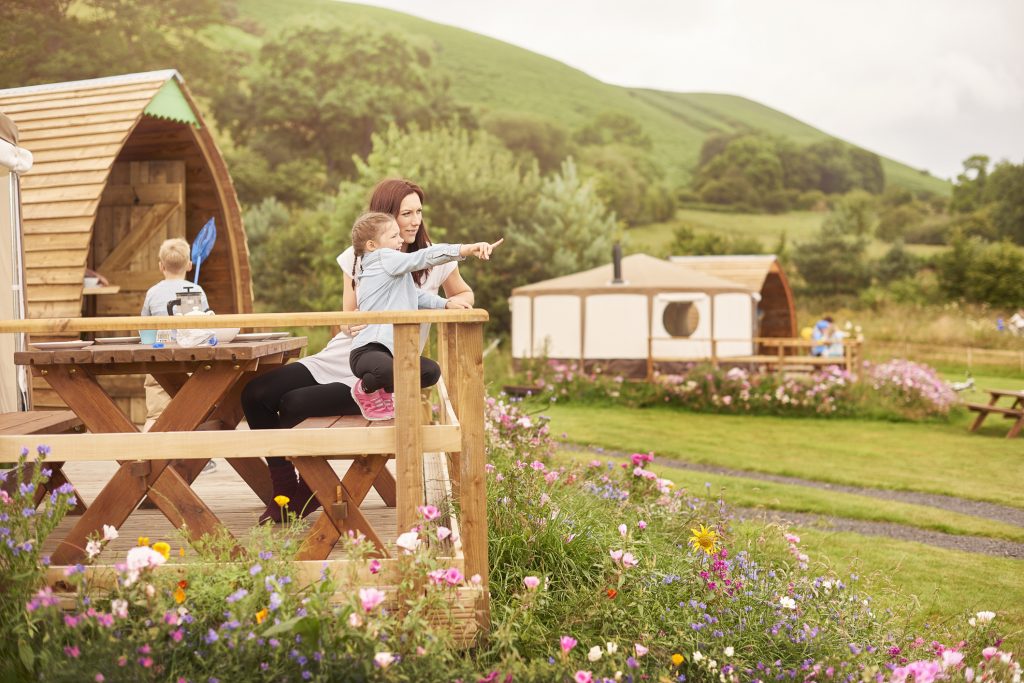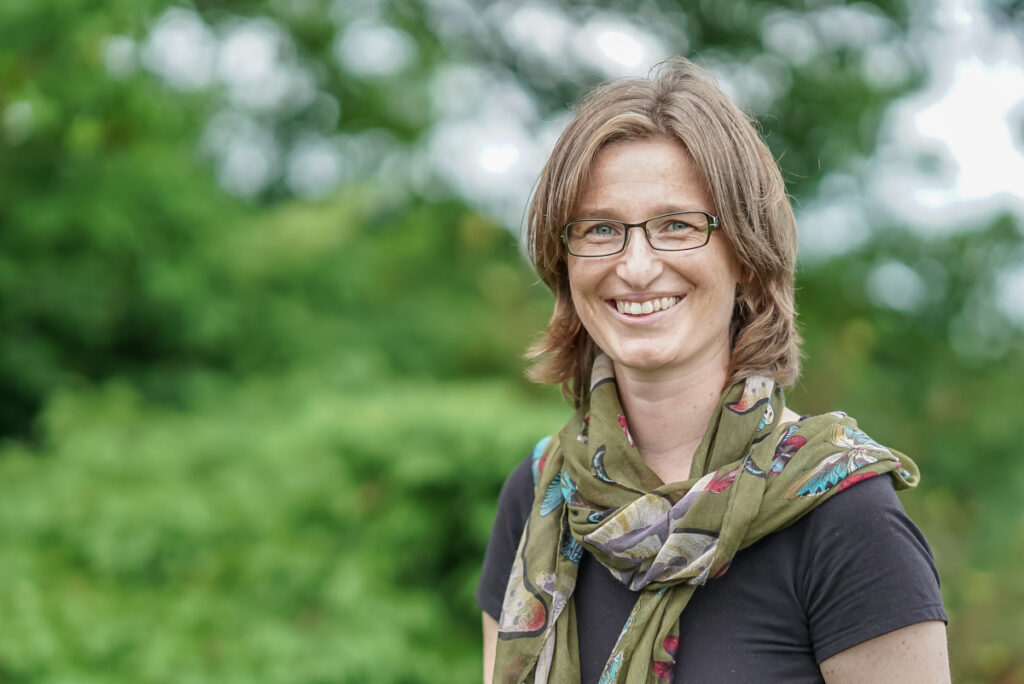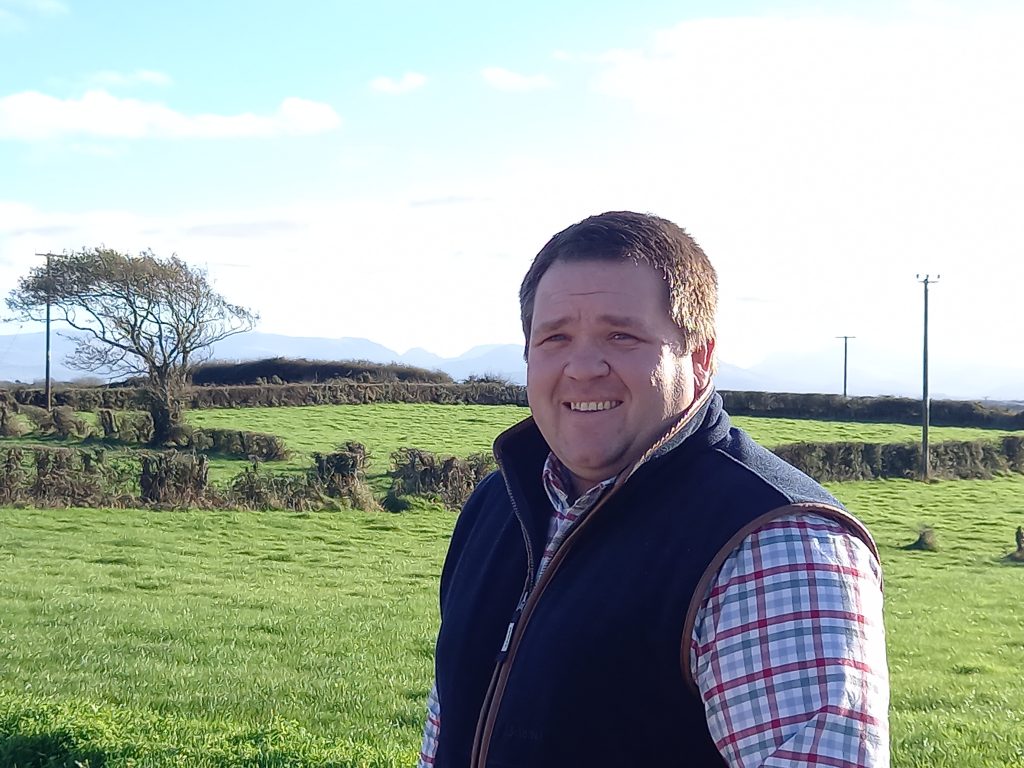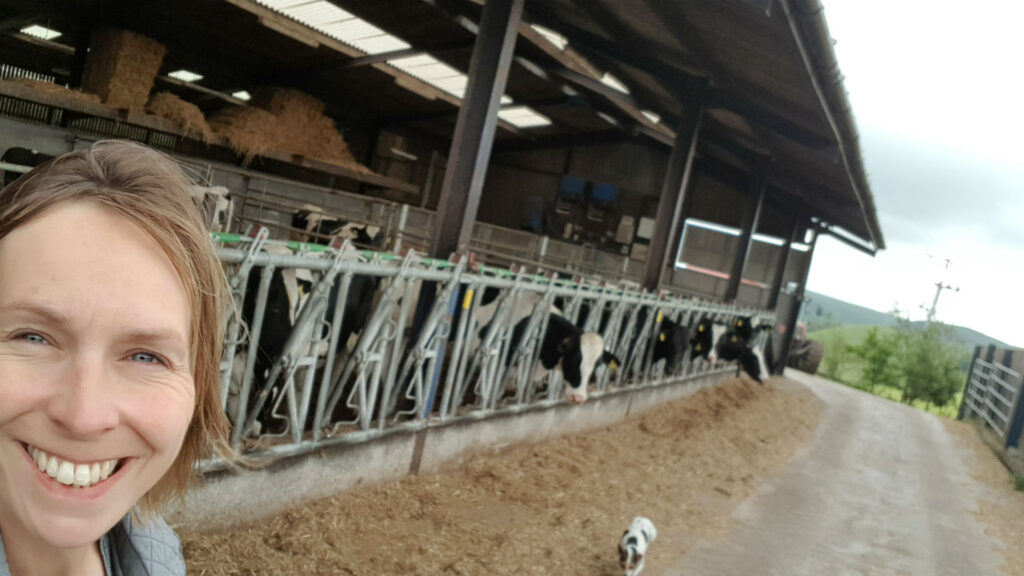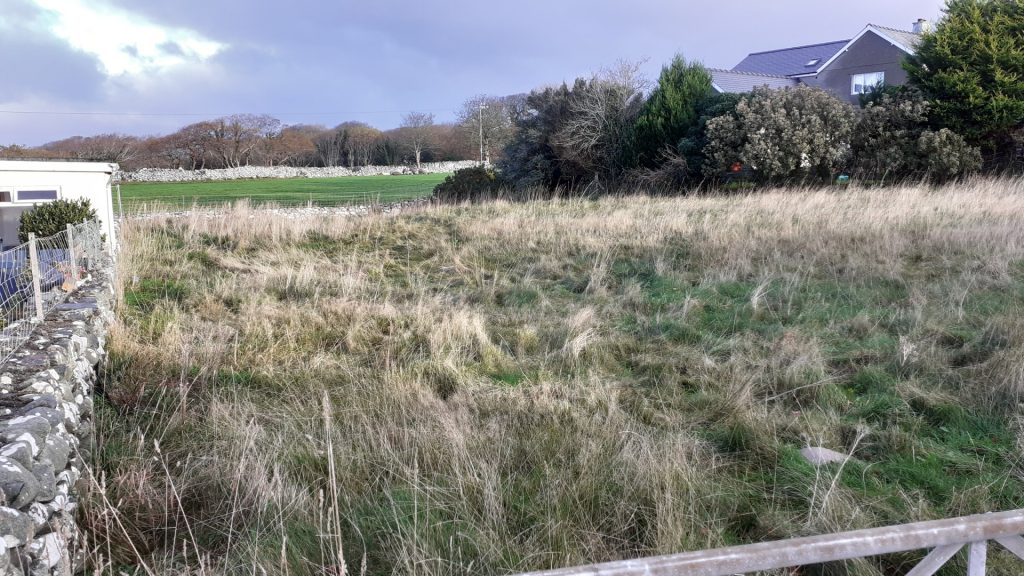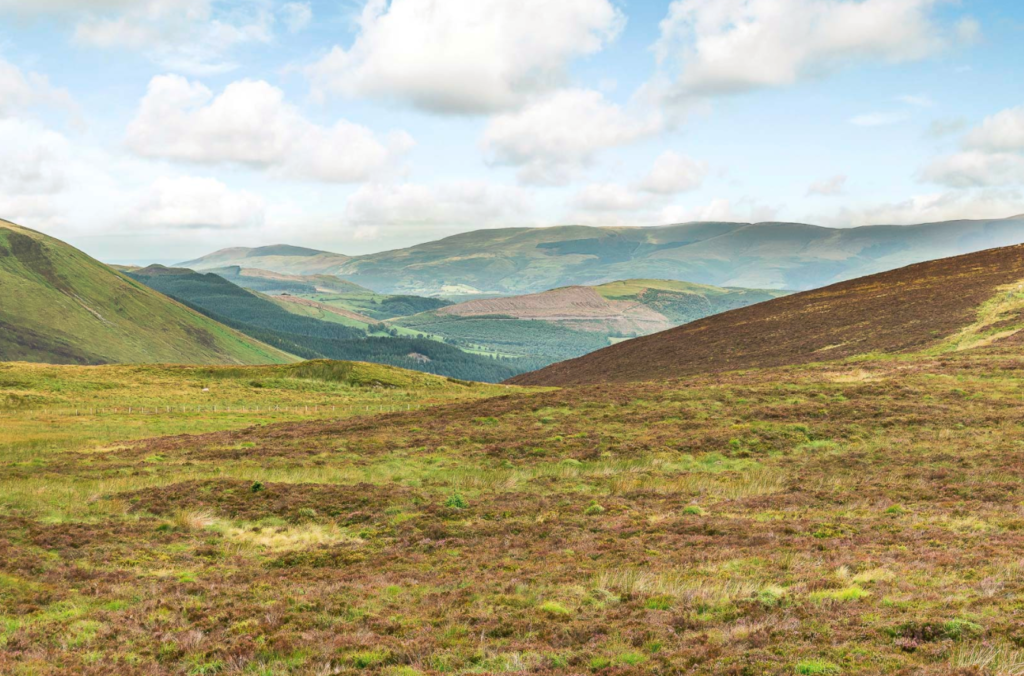Baileys and Partners clients Emma and Edwin Jones were successful with a planning application for the installation of glamping units on their farm in South Snowdonia. They have been tenacious and determined in pursuing a successful consent, knowing that, from a business perspective, it was vital for future proofing the farms income stream.
The Jones’ run a friendly family farm and are a significant part of the local community and farming network. Their young children attend the local school, and they are involved in a variety of local activities.
The planning process
In 2019, Snowdonia National Park Authority published the supplementary planning guidance to give applicants and planning officers additional guidance on national policy to better inform decision making on the erection of structures for tourism purposes. Baileys and Partners wrote a blog at the time of the consultation for the guidance, stating our concerns about the guidance being overly prescriptive. We were particularly concerned about the unwillingness in guidance terms for washing/toilet facilities to be allowable in the same space as the rest of the accommodation.
The pandemic has had multiple impacts on the leisure sector. One impact being that sites and accommodation that were self-contained could re-open quicker than sites which had shared washing facilities. The demand for staycations has increased dramatically and they remain popular, even as we emerge from COVID-induced restrictions, so the incentive for farmers to diversify into the sector remains high.
Planning requirements
With our experience as surveyors in North Wales, we believe that, for simple projects such as the installation of a shepherd’s hut or glamping pod, the planning regulations and systems are simply too complicated. There are no permitted development options for these types of developments on a farm within the open countryside, so a full planning application is required.
Local planning authorities encourage pre-application enquiries so that planning officers can advise on what information may be required for a full application. In general, a full application will require
- Site plans
- Elevations and layout of the accommodation
- Ecological survey – Preliminary Ecological Assessment
- Tree survey (if applicable)
- Heritage impact assessment (if applicable)
- Visual impact assessment
- Drainage assessment (for sites requiring new septic tank installations)
- Farm business plan
All the submissions are matters which, as North Wales land agents, Baileys and Partners can deliver on behalf of clients, in order for a planning application to be submitted.
Glamping application outcome
No farm is identical and in the case of the Jones family – there was an extended period of discussion and negotiation with the planning officer to consider which policy they would allow with respect to the specifics of the Jones’ proposed site. An eventual willingness on the part of all to compromise (and a great deal of patience from our clients) resulted in a successful consent for the glamping units. One which we hope will safeguard this farm for future generations both in the interests of the local community, but also in the interests of the wider Snowdonia National Park Authority.
Planning committee importance
From Baileys and Partners point of view, farms within Snowdonia National Park Authority should have the ability to diversify whilst keeping any ‘perceived’ negative impacts to a minimum. We are experienced in liaising with the planning officers and in taking applications through to planning committees when necessary. The planning committee is an important part of the planning process when applications are not deemed to conform with policy, but from the applicants’ perspective they are a positive change for the farm and the local area.
Planning policy and guidance is subject to interpretation and should consider the circumstances of individual farms to be considered and reviewed, weighing up different factors to reach an informed decision. If a planning officer cannot recommend the application for approval, then the input of a planning committee or, sometimes, the planning inspectorate is necessary.
Get in touch
If you would like to discuss glamping and other farm diversification opportunities, then please give the team a call on 01341 241700 or visit the website.

